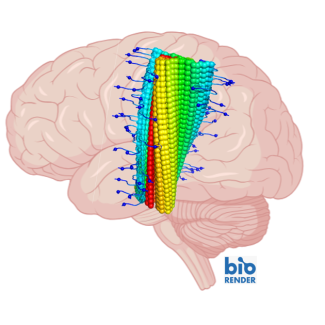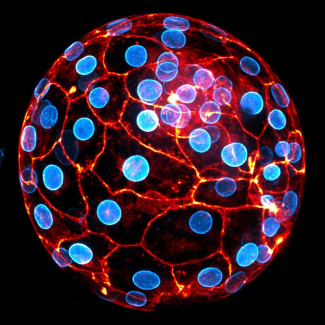
Even intestines are sexually distinct
Sex differences extend much more than the sex organs. For example, men and women differ in height, body composition, and lifespan. In humans, this variation accounts also for differences seen in the risk, incidence and response to treatment for a plethora of diseases. But what makes a male and what makes a female? In a latest study between the Valrose Biology Institute (iBV) and the London-based MRC London Institute of Medical Sciences, the two groups describe a new way in which sex differences in physiology arise. In an article published on 8 August 2019 in Cell, they demonstrate that testes of drosophila male (fruit flies) communicate with a particular region of their intestines—through a signalling molecule known as a cytokine—to increase intestinal digestion and absorption of sugars. In response, this region of the intestine secretes citrate,1 which acts on the testes to bolster sperm production. Thus, this work shows that an adult organ possesses a complex ‘sexual identity’—giving rise to physiological characteristics that differ between the sexes2 —which basic and clinical research must henceforth accord greater attention.

Gut-testis crosstalk controls sex differences in intestinal sugar handling to promote food intake and sperm maturation. Bruno Hudry, Eva de Goeij, Alessandro Mineo, Pedro Gaspar, Dafni Hadjieconomou, Chris Studd, Joao B. Mokochinski, Holger B. Kramer, Pierre-Yves Plaçais, Thomas Preat, Irene Miguel-Aliaga. Cell, le 8 août 2019. DOI : 10.1016/j.cell.2019.07.029
Contact
Notes
- Citrate is a metabolite better known for its role as a Krebs cycle intermediate in mitochondria, the ‘power plants’ of cells.
- In a previous study, these researchers showed that the risk of developing intestinal tumours is higher among drosophila female. (Hudry B, Khadayate S, Miguel-Aliaga I. The sexual identity of adult intestinal stem cells controls organ size and plasticity. Nature. 2016;530(7590):344–8)


